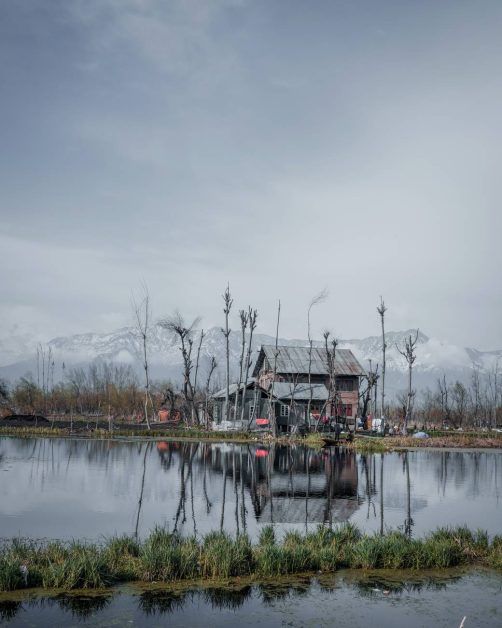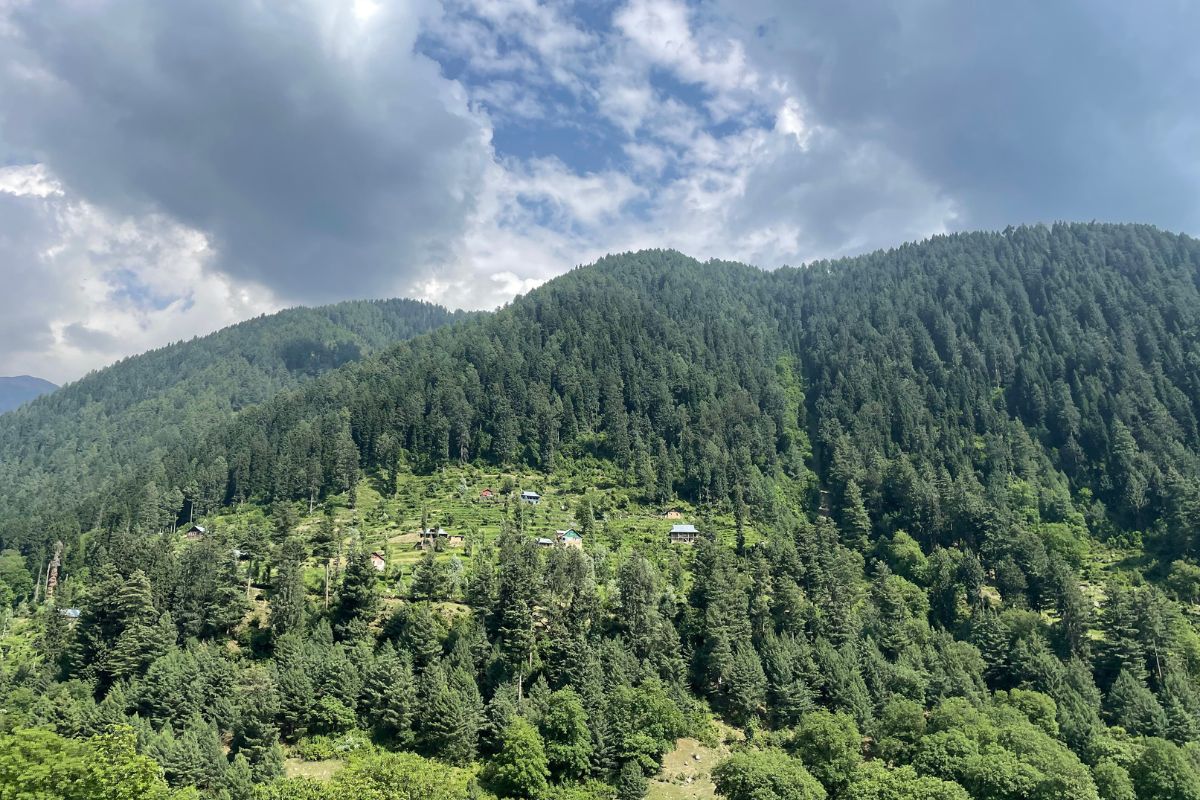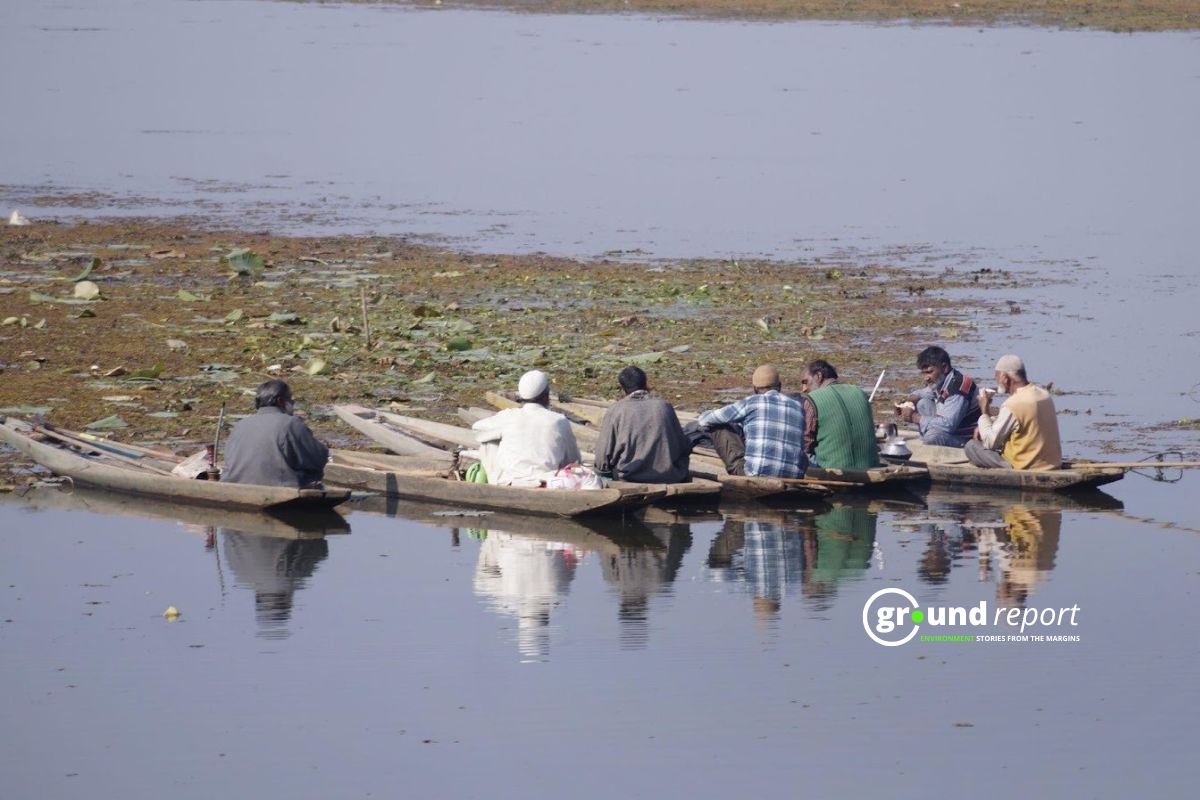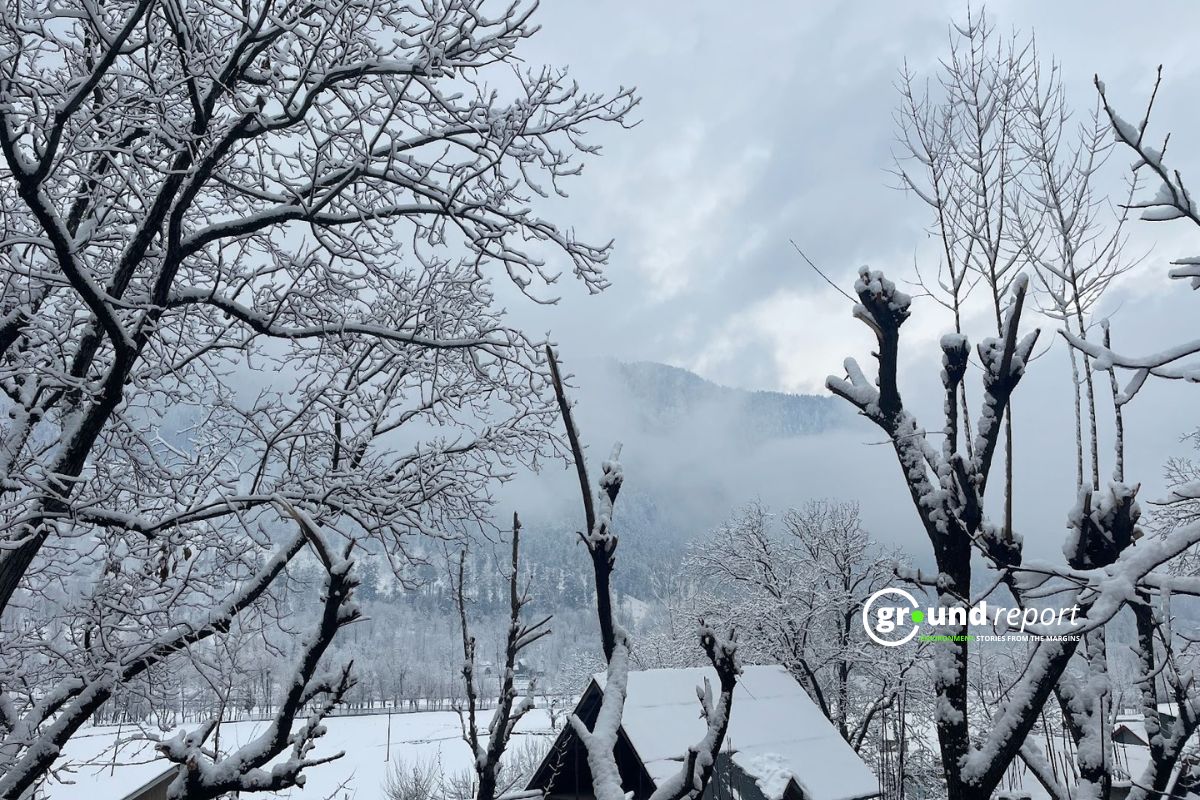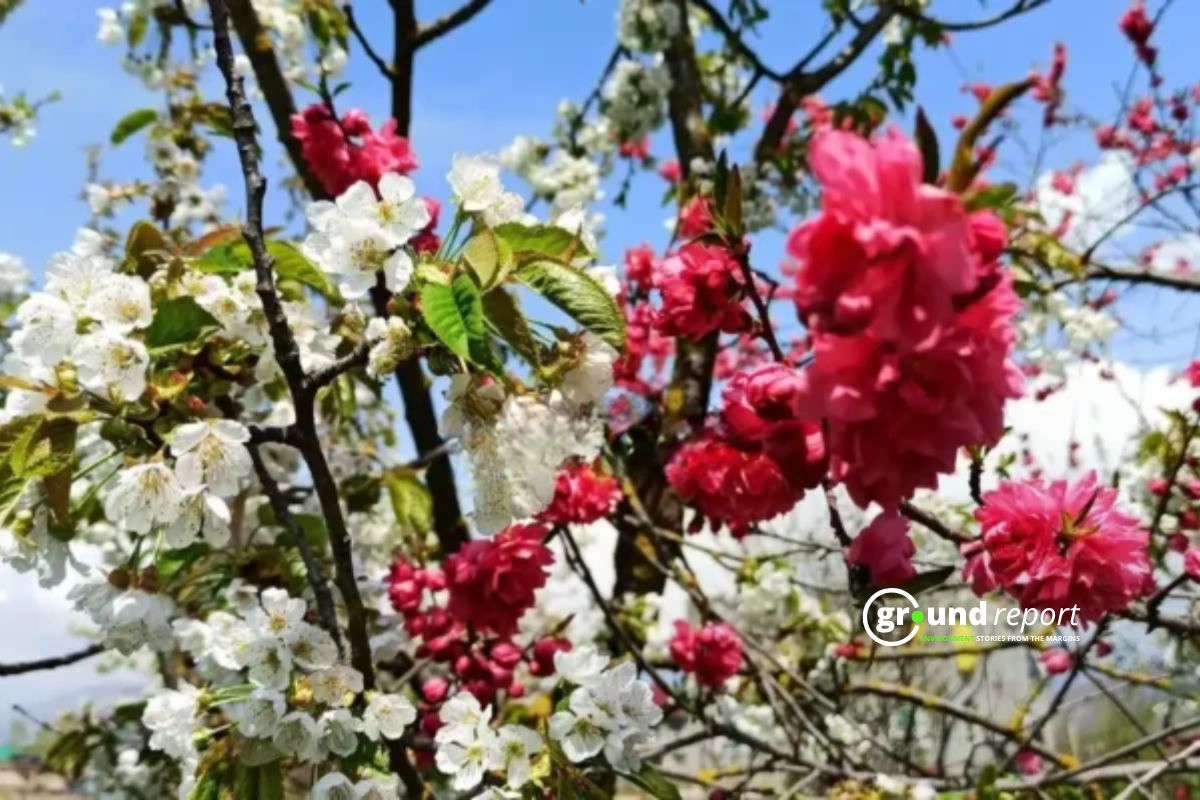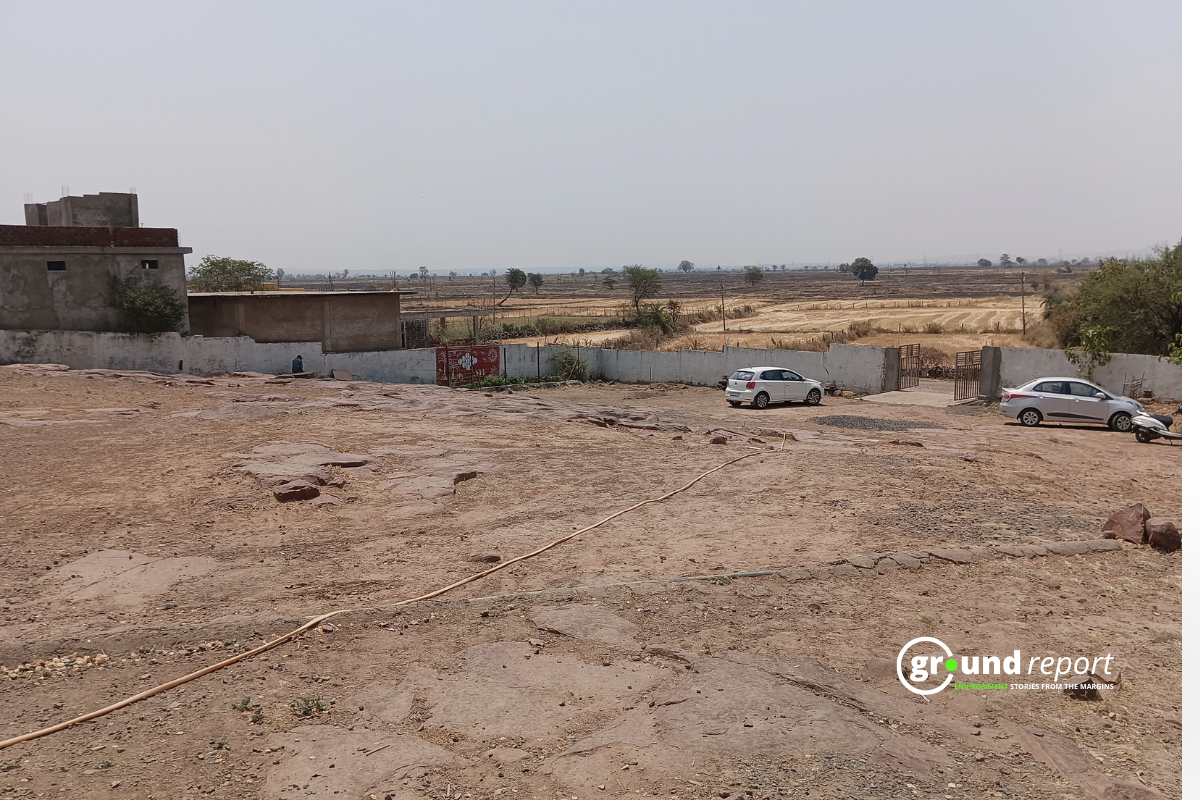The effects of water scarcity are growing in the Jammu and Kashmir, located at the foot of the Himalayas. This has affected thousands of farming families across the UT.
Agriculture in Kashmir is becoming a difficult task over time. Access to water in the area is becoming increasingly difficult. It is also said that many promising students have fallen victim to agricultural difficulties.
Gardens and orchards await their gardeners and farmers. Excessive efforts to obtain water have also created financial problems. Thousands of families are said to be affected by water scarcity and subsequent difficulties in farming.
ALSO READ: New Twist In Case Of Forced Conversion Of Hindu Girl In Pakistan
Farming in Kashmiri towns and villages is becoming more and more difficult.
Mohammad Sultan, a Kashmiri farmer, said many such families are dependent on agriculture and the scarcity of water has turned the spring of their lives into autumn. Access to water is important in the hill towns of Kashmir up and down and it was considered normal to get it from near or far springs.
Sometimes the springs are a short distance from the town, but this distance was not considered an obstacle to accessing water. Now water shortages have made this task even more difficult. To this end, everyone in the family now has to work harder than ever.
Sultan also said that when the availability of water becomes very difficult, then efforts are made to store water by bringing it in small wells.
The area affected by water scarcity is considered to be the part between the Pir Panjal mountain range and the Himalayas. It is also very difficult to pass.
ALSO READ: I Don’t See Assembly Elections In 2021: Omar Abdullah
The area has been swayed by balanced rainfall on an annual basis for years, while river and glacier waters have flooded the plains. But now rainforests are being hit hardest by climate change.
A researcher at the University of Kashmir, says that the process of dissolving water in the atmosphere in the lower parts of Kashmir has slowed down and this is also a cause of climate change.
A study by Norwegian researcher Andreas Kab has been published in the scientific journal Nature, which also reports rising temperatures in Kashmir and a gradual decline in glaciers in the Hindu Kush Karakoram.
ALSO READ: ‘If Three Crore Ration Cards Are Cancelled Then It Is A ‘Serious Matter’: Supreme Court
On this occasion, another research has revealed that Jhelum, an important river of Kashmir, is also facing shortage of water from glaciers.
In Kashmir, 58% of the agricultural area is in need of rain while 42% is irrigated by canals and other sources of irrigation. Thus, 80% of the population is dependent on agriculture. Kashmiri farmers are interested in growing rice, maize, pulses, saffron and potatoes.
You can connect with Ground Report on Facebook, Twitter and Whatsapp, and mail us at GReport2018@gmail.com to send us your suggestions and writeups
